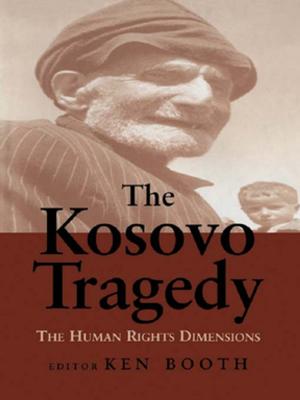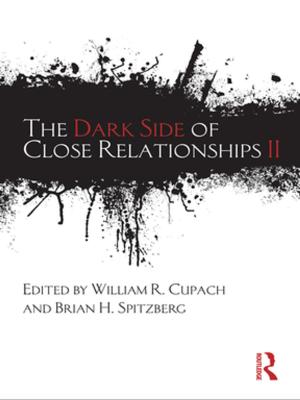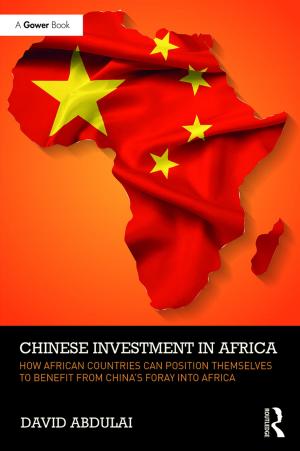Bourdieu in International Relations
Rethinking Key Concepts in IR
Nonfiction, Social & Cultural Studies, Political Science, International, International Relations, Politics, History & Theory| Author: | ISBN: | 9781136239236 | |
| Publisher: | Taylor and Francis | Publication: | September 10, 2012 |
| Imprint: | Routledge | Language: | English |
| Author: | |
| ISBN: | 9781136239236 |
| Publisher: | Taylor and Francis |
| Publication: | September 10, 2012 |
| Imprint: | Routledge |
| Language: | English |
This book rethinks the key concepts of International Relations by drawing on the work of Pierre Bourdieu.
The last few years have seen a genuine wave of publications promoting sociology in international relations. Scholars have suggested that Bourdieu’s vocabulary can be applied to study security, diplomacy, migration and global environmental politics. Yet we still lack a systematic and accessible analysis of what Bourdieu-inspired IR might look like. This book provides the answer. It offers an introduction to Bourdieu’s thinking to a wider IR audience, challenges key assumptions, which currently structure IR scholarship – and provides an original, theoretical restatement of some of the core concepts in the field. The book brings together a select group of leading IR scholars who draw on both theoretical and empirical insights from Bourdieu. Each chapter covers one central concept in IR: Methodology, Knowledge, Power, Strategy, Security, Culture, Gender, Norms, Sovereignty and Integration. The chapters demonstrate how these concepts can be reinterpreted and used in new ways when exposed to Bourdieusian logic.
Challenging key pillars of IR scholarship, Bourdieu in International Relations will be of interest to critical theorists, and scholars of IR theory.
This book rethinks the key concepts of International Relations by drawing on the work of Pierre Bourdieu.
The last few years have seen a genuine wave of publications promoting sociology in international relations. Scholars have suggested that Bourdieu’s vocabulary can be applied to study security, diplomacy, migration and global environmental politics. Yet we still lack a systematic and accessible analysis of what Bourdieu-inspired IR might look like. This book provides the answer. It offers an introduction to Bourdieu’s thinking to a wider IR audience, challenges key assumptions, which currently structure IR scholarship – and provides an original, theoretical restatement of some of the core concepts in the field. The book brings together a select group of leading IR scholars who draw on both theoretical and empirical insights from Bourdieu. Each chapter covers one central concept in IR: Methodology, Knowledge, Power, Strategy, Security, Culture, Gender, Norms, Sovereignty and Integration. The chapters demonstrate how these concepts can be reinterpreted and used in new ways when exposed to Bourdieusian logic.
Challenging key pillars of IR scholarship, Bourdieu in International Relations will be of interest to critical theorists, and scholars of IR theory.















